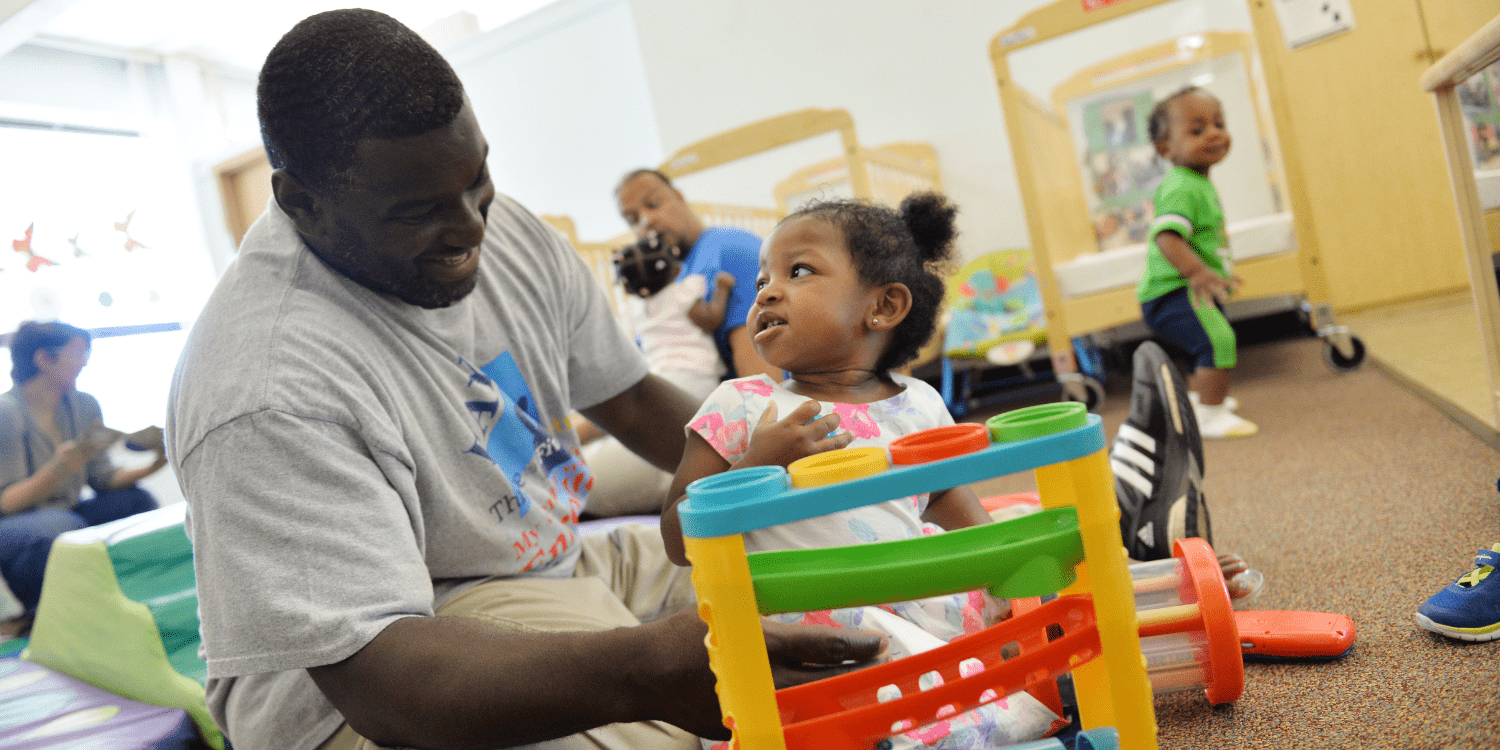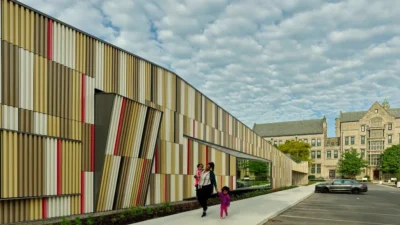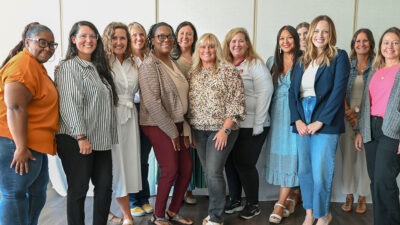Centering community voice and early care and education provider needs are keys to successfully distributing state and federal funds in investments that create sustainable, lasting change and improve the quality of care young children receive. The W.K. Kellogg Foundation and Kresge Foundation have partnered in Detroit for years to help the city become a place where young children come first, by expanding access to early care and education and improving the quality of programs in the city.
In a recently published commentary, Kresge Foundation Detroit Program managing director Wendy Lewis Jackson and CEO of IFF Joe Neri celebrated recent early childhood education successes in Detroit. They expertly outlined the key partners leading the work that make Detroit’s crucial learning spaces for young children come to life::
- Learning Spaces, a program of IFF, which provides ECE centers with grants for facility repairs and real estate consulting
- IFF, a community development financial institution (CDFI)
- Hope Starts Here, a Detroit-wide initiative to connect early childhood efforts
- The Caring for MI Future initiative, a $100 million state investment in 1,000 new or expanded ECE programs to provide Michigan families with quality, affordable, local childcare
The Learning Spaces project at IFF showed the crucial role a CDFI partner can play in giving care providers technical assistance and access to funding to improve their physical spaces and the quality of care they can offer children in their programs. By developing a model of leveraged funding and deep community partnerships, IFF and its funders developed the necessary capacity to scale the model to accommodate large infusions of cash from the state and federal government.
“Grant programs like Caring for MI Future are proving the success CDFIs and state governments can have when they work together, and ECE isn’t the only sector that can benefit. CDFIs were established to move capital and much needed resources to communities that have historically been under-served and under-resourced. And while ECE is a necessary sector, so is health care, accessible housing, human services, and healthy food, emphasizing the role that CDFI intermediaries can play across sectors.”
Securing our children’s futures through access to quality early childhood education is a call not just to support local childcare centers, but to view the whole cosmos of local, state and federal funding in our country as full of opportunity for equitable transformation across sectors.
Read More
- Samantha Meinke, “Finding hope in Detroit”
- Every Child Thrives, “Every child deserves a quality education in Detroit”
- Dr. Marijata Daniel-Echols and Samantha Meinke, “Michigan’s economy depends on the health of our communities”
- Samantha Meinke, “Supporting children and families through neighborhood hubs in Detroit”
- Samantha Meinke, “A strong early care and education system is vital economic infrastructure”








Comments